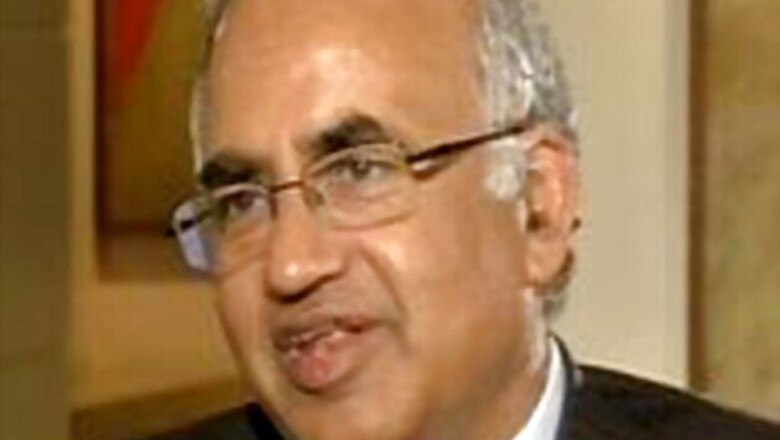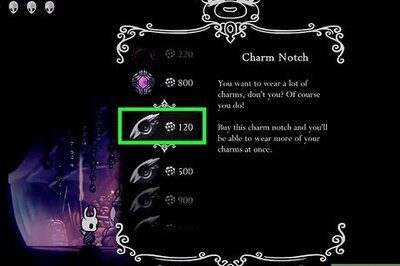
views
Seturaman Mahalingam
Age: 65
Education: Chartered Accountant
Last Position: Chief financial officer, TCS
Career: Managed key functions, including marketing, operations, human resources
Interests: Reading, travelling, golf
Q: You have spent 42 years in one company. Such long stints are hard to see these days.
A: When I joined TCS, there were just 25 consulting staff. We were a tiny division of Tata Sons. From there we have become one of the most valuable companies in the group and in the country. There was a lot to do right there. I started in system design and programming, moved to marketing and opened up offices abroad, then set up the base in Chennai [TCS' largest] and in the last 10 years have been in finance. It doesn't look like I have stayed in one job.
Q: You are a chartered accountant. Yet you joined an IT Services/consulting company. It is an unusual choice.
A: A lot of people felt I was stupid. I thought consulting was a good area. Though I did not know what kind of consulting it was and I had not seen a computer before that. I thought I was getting into management consultancy. At that age one doesn't know what one is getting into. The critical thing with me has been that you get into something and make sense of it. Even as late as 2003, when I was quite old, I moved into finance because we were planning to go public. I had never done a finance job before that, apart from my qualification. I could have thought about it as a risky move. If you started analysing too much, you will never take that decision.
Q: You (and many of your colleagues) were comfortable with ambiguity in those days. Today everyone wants a very clear brief.
A: You have to be very thorough in your core area. For me, that was technology. You can't be a general manager. The thing with being a specialist is that there is only one way you can go. If you want to get into a business and manage it then you don't have to worry about moving about. Of course, you can't get into an unrelated industry.
Q: What are some of the key inflection points that you remember from these 42 years?
A: The start certainly was one. The first computer that we had was an IBM 1401. IBM stopped making that model soon after. So when we decided to offer IT services on the latest technology, our clients were using it based largely on a belief, even though we did not have the latest technology.
The second inflection point was the understanding of what it takes to scale up. When you are hiring 50 people you need one sort of a system and another sort when you are hiring in thousands. You can't get there by just going to blue-chip institutions. So you need to have processes that handle this. Remember the customer will experience what your frontline associate feels.
The third inflection point was when we became a listed company. One doesn't have to explain what TCS is anymore. By 2003, TCS had become a very big company and we needed the listing to create the stakeholder interest.
Q: Your peers had been listed for a while. There was pressure on you to promise and deliver growth in a certain way. How did you handle that?
A: It is right that our peers had set a very high bar in this regard. We decided to be more transparent and also tell investors the points on which they should judge companies. We also decided that there was no point in spoon-feeding the investor, so we did not give any guidance. We remained in touch with the investor community through updates: Trends, sectors that are doing well, how TCS is positioned. Also, if you believe too much in guidance then you will end up managing your own numbers.
Q: Is the initial founding team of TCS different from that of other IT companies because they did not have any share in the enterprise, and yet created value as if it was their own company?
A: There are two reasons why this could happen. One could be greed and therefore you take tremendous risks and may be create value. The other reason is passion. For us it was passion, perhaps because in the days that I joined there weren't too many opportunities for greed. Most of us [peer set] wanted to become big players in the IT industry. We weren't focussed so much on the short-term.

















Comments
0 comment